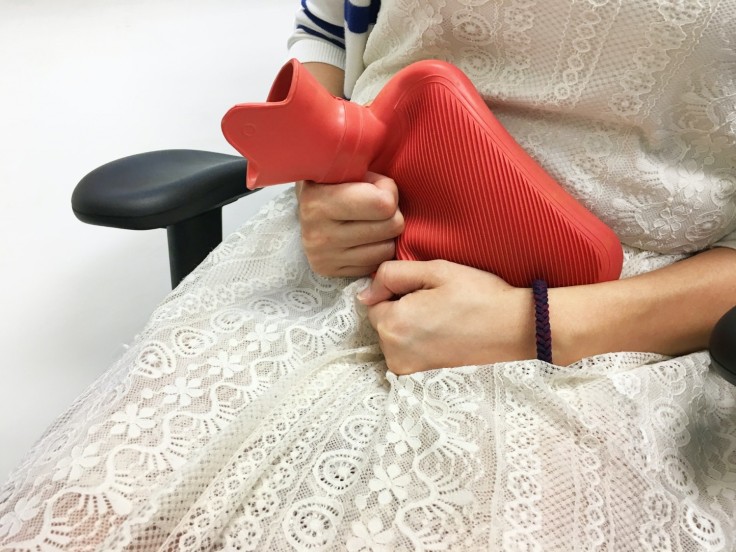
Miscarriage, an unfortunate and often heartbreaking event, affects many women during their reproductive years. One of the most common questions women have after experiencing a miscarriage is, "How long do you bleed after miscarriage?" Understanding the normal course of physical recovery is crucial for both physical and emotional healing.
The Duration of Bleeding After Miscarriage
The length of bleeding after a miscarriage can vary significantly from one woman to another. Typically, bleeding can last anywhere from a few days to up to two weeks. In some cases, it might even extend slightly longer. This bleeding is the body's way of expelling the pregnancy tissue.
Factors Influencing Bleeding Duration
Several factors can influence the duration and intensity of bleeding after a miscarriage:
- Gestational Age: The stage of pregnancy at the time of miscarriage plays a significant role. Early miscarriages, often before 12 weeks, may result in a shorter duration of bleeding, similar to a heavy menstrual period. In contrast, a miscarriage occurring later in pregnancy might lead to longer bleeding.
- Type of Miscarriage: The nature of the miscarriage also affects bleeding. A complete miscarriage, where the body expels all pregnancy tissue, may have a shorter bleeding duration. Incomplete miscarriages, where some tissue remains in the uterus, can cause prolonged bleeding.
- Individual Health Factors: Every woman's body is different. Individual health factors, including hormonal balances, the body's natural healing process, and overall health, can influence how long bleeding lasts.
What to Expect During the Bleeding Phase
During the bleeding phase following a miscarriage, women might experience several symptoms:
- Bleeding: This can range from light spotting to heavy bleeding with clots. The color may vary from bright red to a darker brownish hue.
- Cramping: Abdominal cramps are common as the uterus contracts to expel its contents.
- Emotional Impact: Grief, sadness, and confusion are just a few of the emotions that frequently accompany the physical process of miscarriage.
When to Seek Medical Attention
While bleeding is a normal part of the recovery process, certain signs warrant immediate medical attention:
- Heavy Bleeding: If you're soaking through more than one pad an hour or passing large clots, it's important to contact your healthcare provider.
- Severe Pain: While some cramping is normal, intense pain that doesn't subside may indicate complications.
- Fever or chills: These symptoms could signal an infection and require prompt medical care.
Post-Miscarriage Care and Recovery
After a miscarriage, it's essential to give your body time to heal. Here are some tips for care and recovery:
- Rest: Allow yourself ample time to rest and recover physically.
- Hydration and Nutrition: Eating a balanced diet and staying hydrated helps your body heal.
- Emotional Support: Seek support from loved ones or professional counseling to navigate the emotional aftermath of a miscarriage.
- Follow-Up Appointments: Attend all follow-up appointments with your healthcare provider to ensure your body is healing properly.
Bleeding after a miscarriage is a natural part of the body's process of recovery. While the duration of bleeding varies, understanding what's normal and when to seek medical help is crucial. Remember, taking care of your emotional and physical health during this time is essential. If you have concerns or questions about your recovery, don't hesitate to reach out to your healthcare provider for guidance and support.
Related Article : Gwen Stefani Experiences Miscarriage And Blake Shelton Was Disappointed